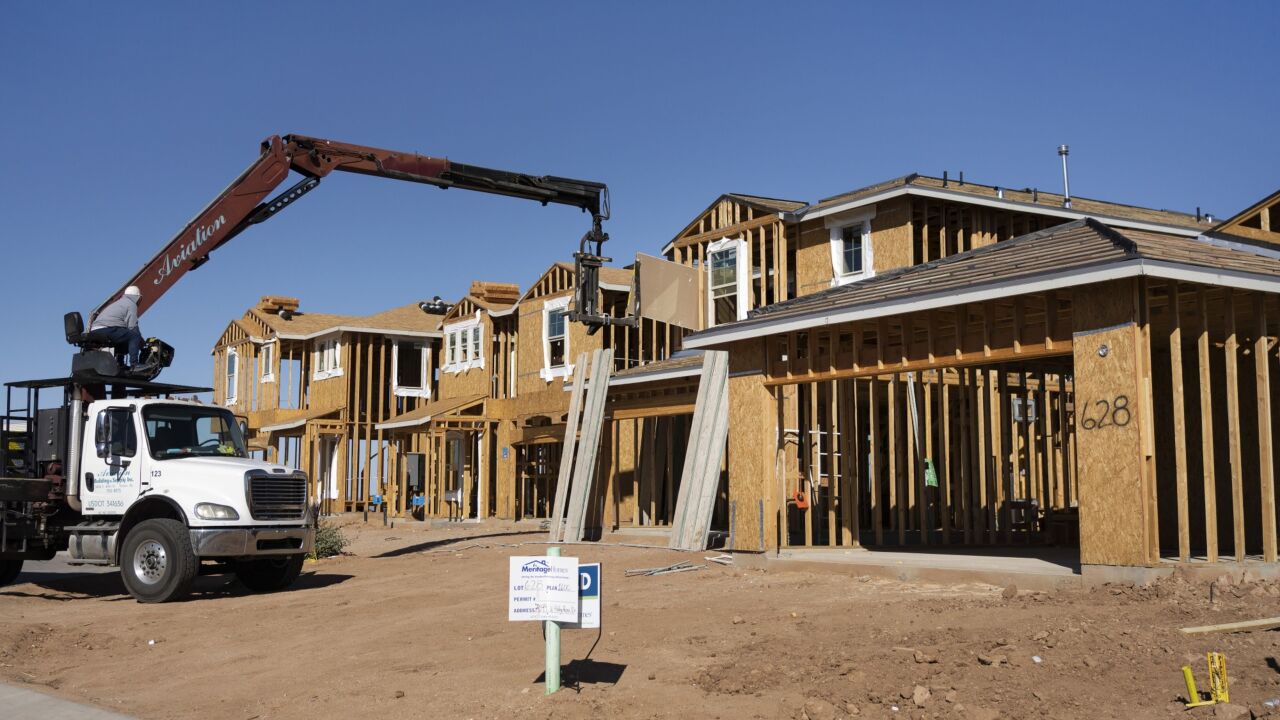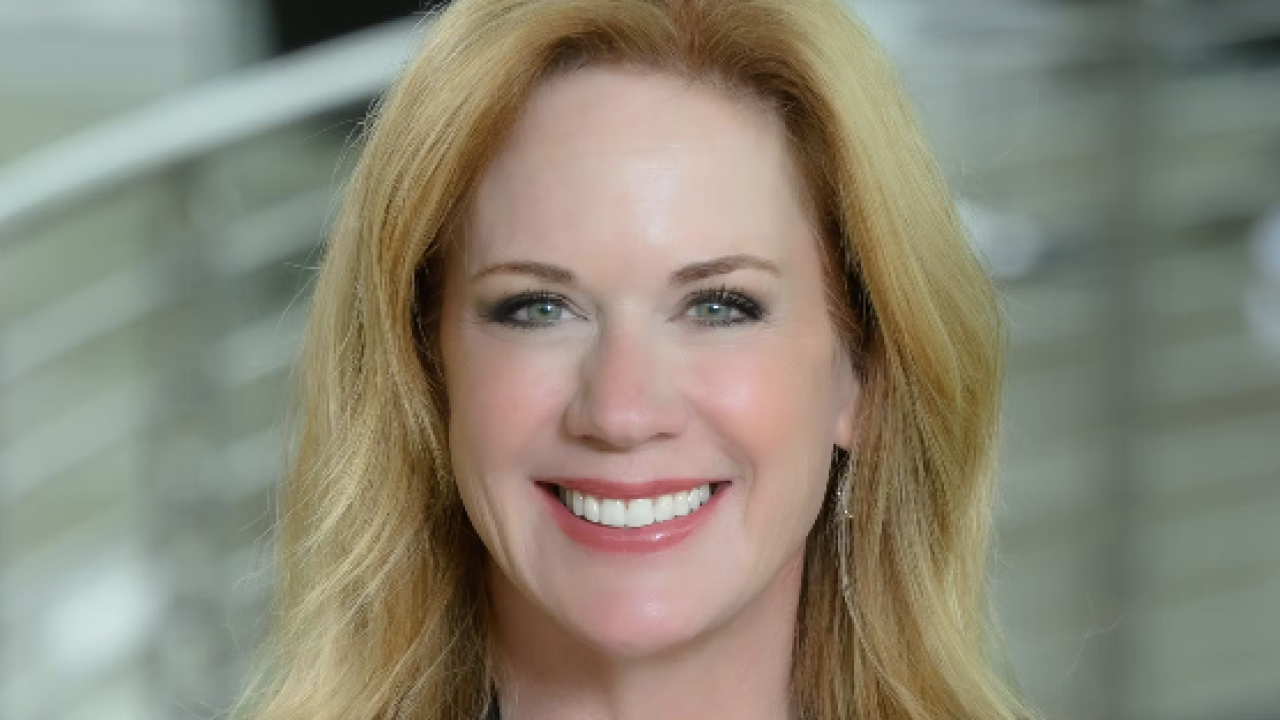WASHINGTON — The House approved a five-year extension of the National Flood Insurance Program on Tuesday, but even prominent supporters acknowledge its impact will be limited.
“The bill is a good first step,” said Josh Saks, legislative director of the National Wildlife Federation. “But the program is in such trouble and needs so much help that a true reform bill would do even more.”
The Wildlife Federal is a member of SmarterSafer coalition, which includes insurance companies, environmental and taxpayer groups, which are backing the flood bill. The current authorization for the National Flood Insurance Program is due to expire Dec. 8.

The House passed a reauthorization bill by a 237-189 vote that would allow private insurers to underwrite and sell private flood insurance policies in connection with mortgages guaranteed by Fannie Mae, Freddie Mac and the Federal Housing Administration.
Such an opportunity could help ensure more homeowners have flood insurance.
"If you look at the Houston floods, 80% of the people flooded didn’t have flood insurance or didn’t know they were in a flood zone," Saks said."If the people in Houston could bundle their flood insurance with their car and homeowner's insurance, we would get more uptake with flood insurance — that would be a good thing.”
The National Association of Realtors also supports the bill, which is the result of a compromise forged by Majority Whip Steve Scalise, R-La., and Rep. Jeb Hensarling, R-Tex., the chairman of the House Financial Services Committee.
It removes hurdles to the private insurance market, which supporters say can offer better coverage at lower cost than the federal mortgage insurance program, according to the Realtors.
But Rep. Michael Capuano, D-Mass., contends the bill misses the mark when it comes to reforming the National Flood Insurance Program.
He claimed the bill would make flood insurance more expensive, less available and less fair to consumers.
"This bill requires the NFIP to give its propriety information to competitors," Capuano said. "No other competitor is required to do that—which will clearly lead those competitors to cherry pick. Once they cherry pick, they will take the best customers, the least risky customers."
Hensarling contends, however, that the bill introduces private market competition into the market and provides needed reforms to help both policy holders and taxpayers.
"It benefits policyholders by requiring National Flood Insurance Program to clearly communicate their full flood risk and provides more than $1 billion in mitigation money, the most ever authorized to help people make modifications to lower their flood risk or to actually relocate," Hensarling said. "It helps people in danger to move away.”
In order for people to buy into the flood insurance program, local communities have to buy in to essentially a floodplain management program.
"One thing that this bill does that goes beyond current standards is to make sure local communities are addressing these repetitive losses," Hensarling said.
However, the Consumer Mortgage Coalition is not supporting the House flood bill.
Under the Scalise-Hensarling bill, "part of the NFIP premium goes to pay for loss mitigation. It is a carrot to encourage communities to engage in loss mitigation program in flood prone areas, said Anne Canfield, executive director of the group.
Homeowners can get up to $30,000 per property to help rebuild to a certain standard, elevate the property or move the electrical boxes above ground level.
Private insurers, however, don’t have to support the loss mitigation fund.
"If you sell a lot more private insurance policies and you don't put an equivalent premium to pay for loss mitigation, the mitigation funding is going to be depleted," Canfield said.
In addition, the flood insurance bill poses a potential problem for Fannie and Freddie. "After year one, this bill would allow homeowners to choose a private policy with a very high deductible," Canfield said.
Under the so-called additional loss claims payee requirement, the servicer cuts a check for the contractor to make sure the repairs are completed after a flood. The money doesn't go directly to the homeowner.
The House bill repeals the additional loss claims payee requirement, according to Canfield.
On a $200,000 home with a $150,000 deductible, the borrower would receive a $50,000 check. If the homeowner doesn't have the resources to repair their home, it's an invitation to "leave the loan, leave the home," Canfield said. "Take the $50,000 and take off and start a new life.”
As a result, Fannie Mae and Freddie Mac will take the loss and the community will have to deal with abandoned homes and blight.
The American Bankers Association supports the bill.
"Our top priority is to make sure we get a long-term reauthorization. That is what the bill does. A lapse in program authority is something that we really want to avoid," said ABA Senior Vice President Joseph Pigg.
While the Senate Banking Committee has not acted yet, some said the Senate could simply accept the House bill. "I don’t know what the Senate will do. But that is one possibility," Pigg said.





